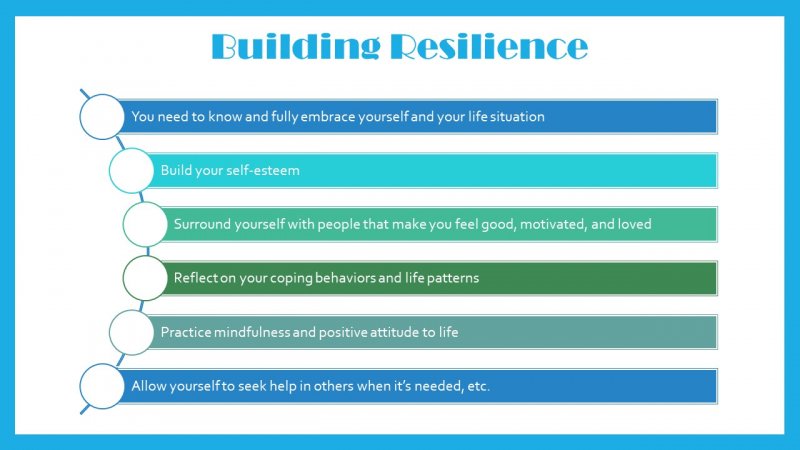Exercise is not just essential for physical health; it also plays a crucial role in managing stress. Regular physical activity can enhance your mood, increase energy levels, and help you cope with daily challenges more effectively. This article explores how exercise impacts stress management and provides tips on incorporating it into your routine.

How Exercise Reduces Stress
When you engage in physical activity, your body releases endorphins, often referred to as “feel-good” hormones. These chemicals interact with the receptors in your brain to reduce the perception of pain and trigger a positive feeling in the body. This natural high can lift your mood and help mitigate feelings of stress and anxiety.
Moreover, exercise reduces levels of the body’s stress hormones, such as cortisol and adrenaline. Lowering these hormones helps your body return to a state of calm after experiencing stress.
Types of Exercise for Stress Relief
- Aerobic Exercise: Activities like running, swimming, or cycling elevate your heart rate and promote the release of endorphins. Engaging in aerobic exercise for at least 30 minutes most days of the week can significantly reduce stress levels.
- Strength Training: Lifting weights or doing body-weight exercises not only builds muscle but also provides a mental break from daily stressors. Focusing on your form and breathing during strength training can help you clear your mind.
- Yoga and Stretching: These practices combine physical movement with mindfulness. Yoga encourages deep breathing and helps release tension in the body. Even a few minutes of stretching can improve flexibility and reduce muscle tightness caused by stress.
- Mindful Walking: Walking, especially in nature, can have calming effects. Focus on your surroundings, breathe deeply, and let your thoughts flow. This simple activity can be a powerful way to manage stress.
Incorporating Exercise into Your Routine
- Set Realistic Goals: Start with achievable goals that fit your lifestyle. Whether it’s a 20-minute walk or a short yoga session, consistency is key.
- Choose Activities You Enjoy: You’re more likely to stick with exercises that you find enjoyable. Experiment with different activities, such as dancing, hiking, or group classes, to find what you love.
- Schedule Your Workouts: Treat your exercise time as an important appointment. Block out time in your calendar to ensure you prioritize physical activity.
- Mix It Up: Keep your routine fresh by trying new exercises or varying your workouts. This not only keeps things interesting but also challenges your body in different ways.
Conclusion
Exercise is a powerful tool for managing stress and enhancing overall well-being. By incorporating regular physical activity into your routine, you can reduce stress levels, improve your mood, and boost your resilience against daily challenges. Remember, finding the right type of exercise for you is essential for long-term success in managing stress effectively.




